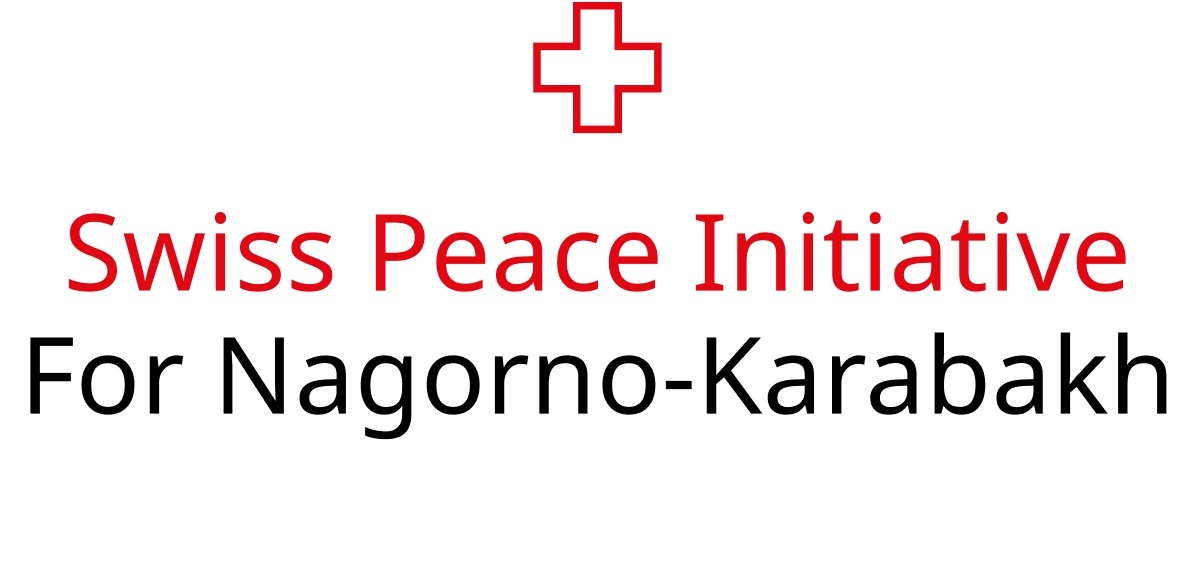
This is the English translation of a Turkish language article that was originally published by AVİM on 23 May 2025.
The Karabakh region, which was liberated from occupation after the 44-Day War and fully reintegrated into Azerbaijan in 2023, is still being mentioned by third parties within the context of the peace treaty process between Armenia and Azerbaijan. Additionally, attempts are still being made to turn Karabakh into a topic of contention. Today, considering the point that has been reached in the peace treaty process, the “Karabakh Question” has ceased to exist as the parties to the treaty have accepted Karabakh as a resolved matter. With Karabakh coming under Azerbaijani control again, the Nikol Pashinyan government has recognized Azerbaijan's sovereignty over this region. This situation, which sparked much reaction from the opposition in Armenia and the Armenian Diaspora, has become the subject of one of the disputes between the Diaspora and Pashinyan, who stated that he was looking out for the interests of the current Armenian state and that the idea of “Greater Armenia”, functioning as a myth, was damaging Armenia.
Certain parties that do not want Azerbaijan and Armenia to develop bilateral relations have adopted a provocative stance on Karabakh, similar to their stance on some other issues that are no longer a problem between the parties (the dissolution of the OSCE Minsk Group, the alleged ethnic cleansing in Karabakh, etc.). The West, especially Switzerland, where the Diaspora has a notable presence, continues to agitate on issues that the parties have already resolved amongst each other. This incomprehensible situation, as a manifestation of the anti-peace stance, now constitutes a striking example in the history of Switzerland's questionable relationship with the Diaspora.
19 members of the Swiss Parliament came together to form a group called the “Swiss Peace Initiative for (Nagorno) Karabakh”. The aim of the initiative is to establish an open dialog with Azerbaijan to ensure the return of Armenians living in Karabakh during the occupation period. The group announced that it will hold its first event on 26 May in Bern. It should be noted that registrations for the event are being made through the official website of the Christian Solidarity International (CSI).[1] The group was formed after a resolution regarding an initiative titled “Peace for (Nagorno) Karabakh: Ensuring the Return of Armenians” was adopted by both chambers of the parliament two months ago. Following the adoption of the resolution, the Swiss Federal Council also issued a statement calling on Azerbaijan to ensure the return of Armenians to Karabakh, stating that the right of return is an important principle of international law. The statement also mentioned that Switzerland adopted the resolution to support the establishment of lasting peace in the South Caucasus.[2]
ANCA (Armenian National Committee of America), which is the primary opposing party in the rising anti-peace discourse from the United States, responded to this immediately and expressed its satisfaction with the initiative.[3] Similar news of contentment came from the CSI front.[4] In their statements, both groups arbitrarily referred to the anti-terrorist operation carried out by Azerbaijan in September 2023 as “genocide” and reiterated the allegations of ethnic cleansing of the displaced Armenians. The statements made by the Armenian authorities and the Nikol Pashinyan government on this issue recognize Azerbaijani sovereignty in Karabakh. In fact, the passports of Armenians who emigrated from Karabakh have the inscription “Karabakh, Azerbaijan” as the place of birth.[5]
The fact that Switzerland, which makes a point to present presents itself as neutral, has once again revealed its biased relationship with the Diaspora and Christian organizations. This brings to mind the fact that even the laws that were the subject of scrutiny in the ECtHR (European Court of Human Rights) Perinçek v. Switzerland case are biased. As is known, Switzerland convicted Doğu Perinçek on the basis of a statute within its domestic law punishing genocide denial. At the appeal stage, the verdict of the Lausanne Police Court was upheld and an appeal was made again at the Federal Court level. The Federal Court rejected this request, which exhausted domestic legal options, at which point Perinçek took the case to the ECtHR. The ECtHR expressed that statements that serve the requirements of a democratic society and do not constitute hate speech are considered within the scope of freedom of expression and ruled that Article 10 of the ECHR (European Convention on Human Rights) had been violated.[6] As can be seen, when it comes to the Armenian events, Switzerland removes the guise of a democratic and free European country and instead displays a biased attitude to the extent of violating freedom of expression. The “Swiss Peace Initiative for Nagorno Karabakh” we are observing today constitutes a similar inconsistency.
Azerbaijan and Armenia are conducting negotiations free from the interference of third states and these negotiations are yielding results, as evidenced by the agreement on the final text of the peace treaty. The South Caucasus seems to be taking firm steps towards peace, which involves the expectation that Armenia will take concrete actions to ensure the permanence of peace (such as constitutional amendment, Zangezur Corridor, dissolution of the Minsk Group, efforts in the normalization process with Türkiye). Karabakh has ceased to be a problem between the parties and is no longer the subject of negotiations. Starting an initiative under the auspices of a parliament and with the support of the CSI by allocating manpower and resources on a subject that even the main actors of the process no longer talk about cannot be interpreted as being well-intentioned.
In conclusion, Switzerland has added a new item to its long list biased policies. The Diaspora, which is one of the biggest obstacles to peace, prosperity, and stability in the region, has clearly asserted itself through the actions of ANCA and CSI. Although it is said that the aim of the initiative is to establish lasting peace in the South Caucasus, neither Switzerland nor the Diaspora have ever invited the parties to reconciliation since the beginning of the process. On the contrary, they have attempted to undermine peace with provocative statements. The condemnation of such attempts by the Armenian authorities, who recognize Azerbaijani sovereignty in Karabakh, would reassure the other side and be seen as a concrete step that is needed in the process meant to result in the signing of the peace treaty. Unfortunately, Switzerland continues its anti-peace stance, and the Armenian authorities continue to ignore this damaging attitude towards the peace process. In the end, Switzerland should abandon its unconstructive stance, exposed to the world after the Perinçek case, and follow the developments by adopting an impartial position.
*Image: Swiss Peace Initiative for Nagorno-Karabakh
[1] “Swiss Peace Initiative for Nagorno-Karabakh”, accessed 22 May 2025, https://www.swisspeacekarabakh.com/en
[2] “Swiss Lawmakers to Launch Nagorno-Karabakh Peace Initiative”, Asbarez, 20 May 2025, https://asbarez.com/swiss-lawmakers-to-launch-nagorno-karabakh-peace-initiative/
[3] “ANCA Welcomes Launch of Swiss Peace Initiative for Nagorno Karabakh”, Armenian National Commitee of America, 20 May 2025, https://anca.org/press-release/anca-welcomes-launch-of-swiss-peace-initiative-for-nagorno-karabakh/.
[4] “Swiss Peace Initiative for Nagorno Karabakh to Launch in Bern”, Christian Solidarity International, 20 May 2025, https://www.csi-int.org/news/swiss-peace-initiative-for-nagorno-karabakh-to-launch-in-bern/.
[5] Khagan Isayev, “Azerbaijan Listed as Place of Birth in Karabakh Armenians' Passports”, Caliber, 8 April 2025, https://caliber.az/en/post/azerbaijan-listed-as-place-of-birth-in-karabakh-armenians-passports.
[6] “28 Ocak AİHM Perinçek - İsviçre Duruşmasının Işığında Türk-Ermeni Sorunu”, AVİM, February 2015, https://avim.org.tr/en/Rapor/28-OCAK-AIHM-PERINCEK-ISVICRE-DURUSMASININ-ISIGINDA-TURK-ERMENI-SORUNU.
© 2009-2025 Center for Eurasian Studies (AVİM) All Rights Reserved
No comments yet.
-
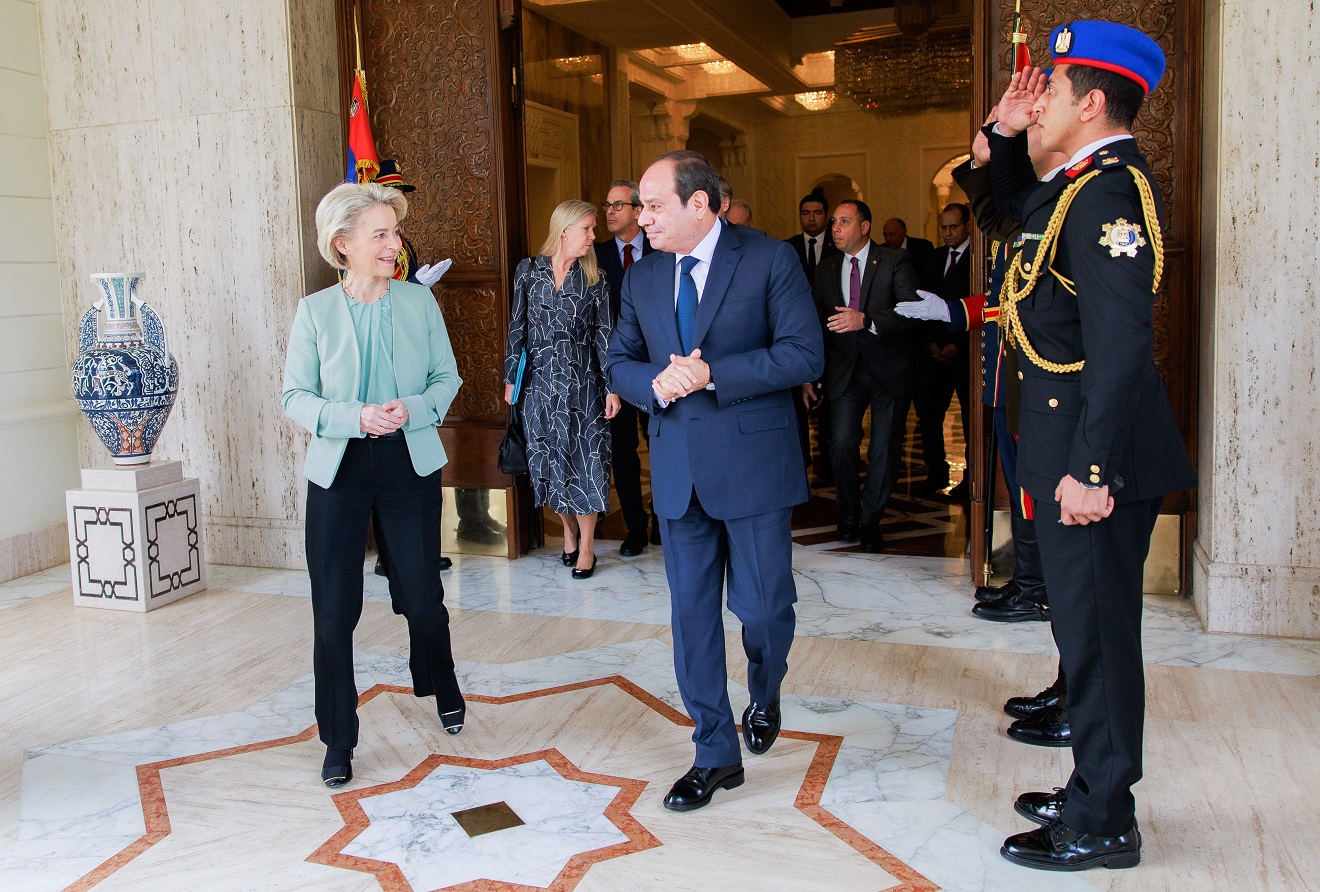 THE EU'S REFUGEE POLICY IN LIGHT OF VON DER LEYEN'S VISIT TO EGYPT AND THE CASE OF RWANDA
THE EU'S REFUGEE POLICY IN LIGHT OF VON DER LEYEN'S VISIT TO EGYPT AND THE CASE OF RWANDA
Selenay Erva YALÇIN 10.07.2024 -
 SWITZERLAND'S BIASED STANCE AND ITS HARMFUL EFFECTS ON PEACE EFFORTS
SWITZERLAND'S BIASED STANCE AND ITS HARMFUL EFFECTS ON PEACE EFFORTS
Selenay Erva YALÇIN 26.06.2025 -
 THE ORGANIZATION OF TURKIC STATES AND THE CLAIMS OF TURANISM AND PANTURKISM
THE ORGANIZATION OF TURKIC STATES AND THE CLAIMS OF TURANISM AND PANTURKISM
Selenay Erva YALÇIN 19.12.2024 -
 GERMANY'S CONTRADICTORY STANCE ON THE GAZA ISSUE
GERMANY'S CONTRADICTORY STANCE ON THE GAZA ISSUE
Selenay Erva YALÇIN 09.07.2024 -
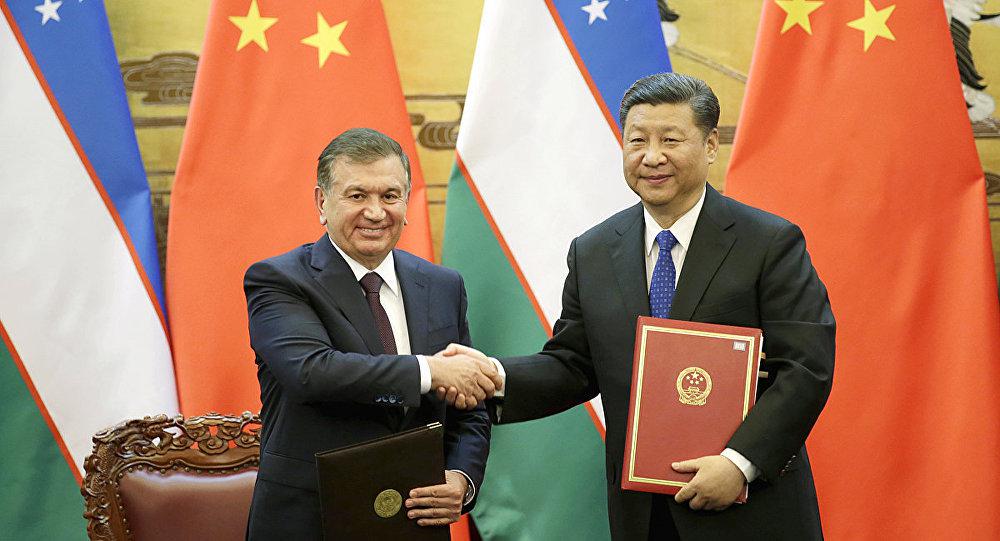 AN EVALUATION OF THE STRATEGIC AGREEMENT BETWEEN CHINA AND UZBEKISTAN
AN EVALUATION OF THE STRATEGIC AGREEMENT BETWEEN CHINA AND UZBEKISTAN
Selenay Erva YALÇIN 15.03.2024
-
 CONSTRUCTIVE EURASIANISM AND COOPERATIVE SECURITY: AVİM’S PERSPECTIVE ON THE BLACK SEA REGION
CONSTRUCTIVE EURASIANISM AND COOPERATIVE SECURITY: AVİM’S PERSPECTIVE ON THE BLACK SEA REGION
Teoman Ertuğrul TULUN 10.10.2025 -
THE RUSSIAN MILITARY BASE IN ARMENIA (2)
Ömer Engin LÜTEM 24.08.2010 -
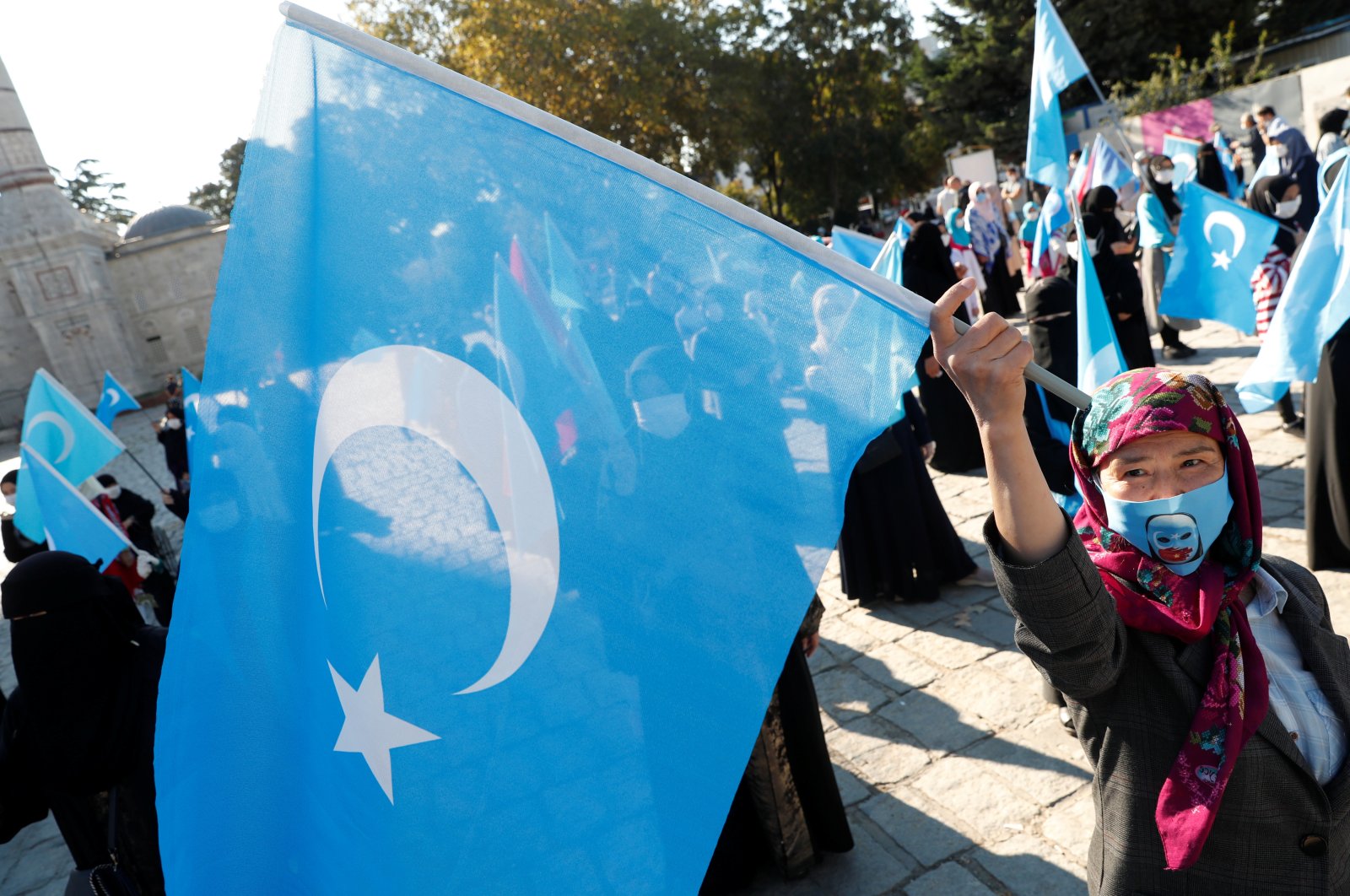 THE EFFECT OF THE UYGHUR TURKS ON TURKEY-CHINA RELATIONS
THE EFFECT OF THE UYGHUR TURKS ON TURKEY-CHINA RELATIONS
Şevval Beste GÖKÇELİK 06.01.2021 -
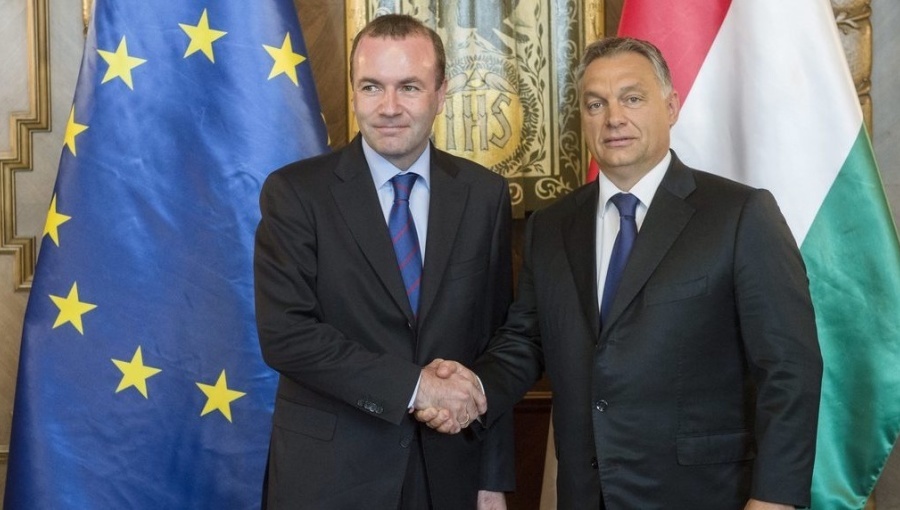 ORBAN AND WEBER CAME TOGETHER IN BUDAPEST
ORBAN AND WEBER CAME TOGETHER IN BUDAPEST
Hazel ÇAĞAN ELBİR 19.03.2019 -
MEETINGS IN THE UNITED STATES
Ömer Engin LÜTEM 13.04.2010
-
25.01.2016
THE ARMENIAN QUESTION - BASIC KNOWLEDGE AND DOCUMENTATION -
12.06.2024
THE TRUTH WILL OUT -
27.03.2023
RADİKAL ERMENİ UNSURLARCA GERÇEKLEŞTİRİLEN MEZALİMLER VE VANDALİZM -
17.03.2023
PATRIOTISM PERVERTED -
23.02.2023
MEN ARE LIKE THAT -
03.02.2023
BAKÜ-TİFLİS-CEYHAN BORU HATTININ YAŞANAN TARİHİ -
16.12.2022
INTERNATIONAL SCHOLARS ON THE EVENTS OF 1915 -
07.12.2022
FAKE PHOTOS AND THE ARMENIAN PROPAGANDA -
07.12.2022
ERMENİ PROPAGANDASI VE SAHTE RESİMLER -
01.01.2022
A Letter From Japan - Strategically Mum: The Silence of the Armenians -
01.01.2022
Japonya'dan Bir Mektup - Stratejik Suskunluk: Ermenilerin Sessizliği -
03.06.2020
Anastas Mikoyan: Confessions of an Armenian Bolshevik -
08.04.2020
Sovyet Sonrası Ukrayna’da Devlet, Toplum ve Siyaset - Değişen Dinamikler, Dönüşen Kimlikler -
12.06.2018
Ermeni Sorunuyla İlgili İngiliz Belgeleri (1912-1923) - British Documents on Armenian Question (1912-1923) -
02.12.2016
Turkish-Russian Academics: A Historical Study on the Caucasus -
01.07.2016
Gürcistan'daki Müslüman Topluluklar: Azınlık Hakları, Kimlik, Siyaset -
10.03.2016
Armenian Diaspora: Diaspora, State and the Imagination of the Republic of Armenia -
24.01.2016
ERMENİ SORUNU - TEMEL BİLGİ VE BELGELER (2. BASKI)
-
AVİM Conference Hall 24.01.2023
CONFERENCE TITLED “HUNGARY’S PERSPECTIVES ON THE TURKIC WORLD"









